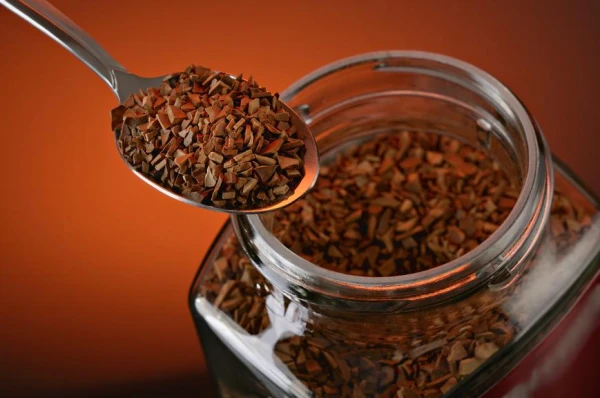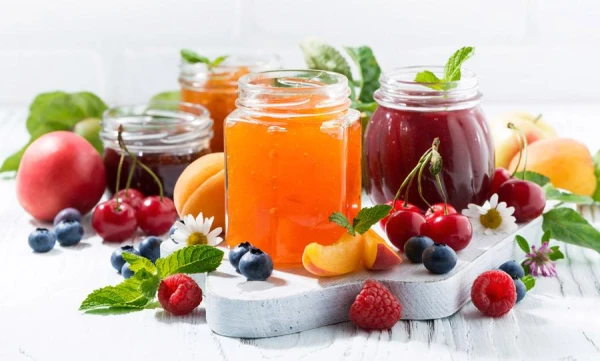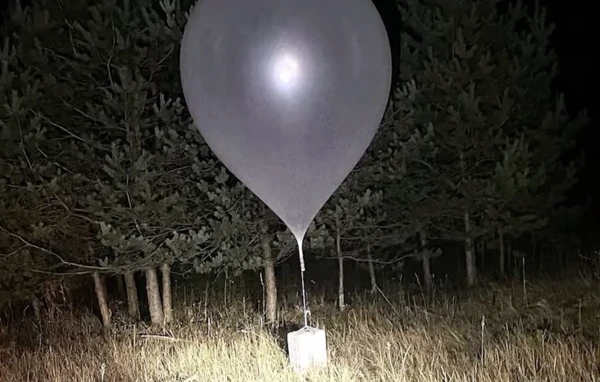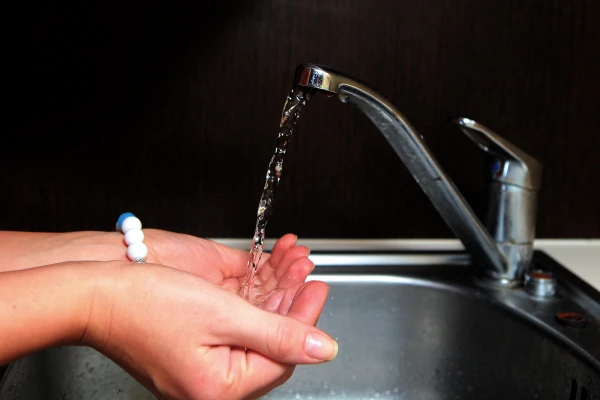
Instant coffee was long considered a "second-rate" drink, but now the opposite is being said.
Doctor Ekaterina Kashukh explained that the quality of instant coffee directly depends on the production technology.
Modern methods, primarily the freeze-drying of quality raw materials, allow for the preservation of the taste, aroma, and invigorating effect of the coffee bean.
The sublimation process involves freezing the finished coffee extract and drying it under low pressure. This is why good instant coffee can be not only tasty but also beneficial — it retains all the essential biologically active substances:
caffeine — a natural stimulant that enhances alertness and concentration;
chlorogenic acids — powerful antioxidants that support metabolism;
polyphenols — protect cells from oxidative stress;
potassium and magnesium — support the functioning of the heart and nervous system.
** How much caffeine is in instant coffee**
In terms of caffeine content, instant coffee is nearly on par with natural coffee. One cup of instant coffee contains about 60–80 mg of caffeine, while freshly brewed espresso from beans, for comparison, contains about 70–100 mg.
It is important to remember that the safe daily limit of caffeine for an adult is up to 400 mg, which means it is recommended to consume no more than 4–5 cups a day.













